The Righteousness of Joan Armatrading
Throughout her career, the legendary Joan Armatrading has embraced a confidence that we should all be so inspired to welcome in to our own music.
This interview originally appeared in She Shreds Magazine Issue #19, released December 2019.
Joan Armatrading always knew she was right. The legendary British singer-songwriter knew when she first felt the unshakeable urge to wrap her fingers around the neck of a guitar as a teenager. She knew when she first stepped on stage, pushing through the debilitating nerves that plagued her. She knew at the peak of her career in the ‘70s and ‘80s when she spent her days in studios, telling her all-male band how to play her compositions.
She knew she was meant to be.
“If I wasn’t right, the keyboard player would be right… well, how does he know?” laughs Armatrading, speaking to She Shreds over the phone. “Somebody’s got to know they’re right, and I’m the person who’s written the song—I should know.”
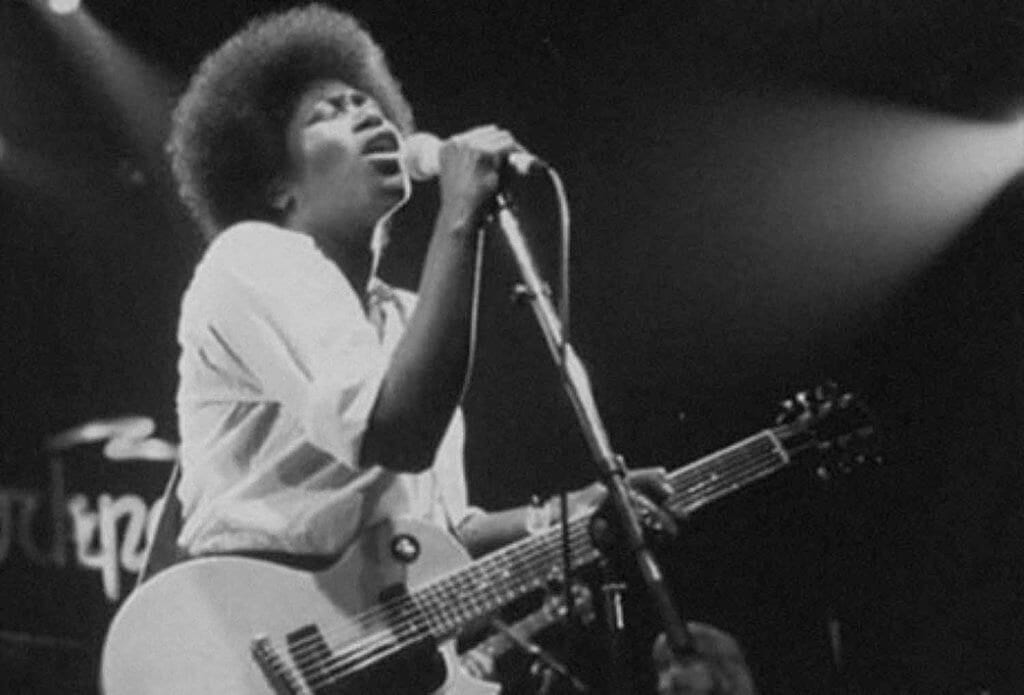
When it comes to a belief in her songwriting, Armatrading has a brazen confidence, but take her outside of the dazzling world of lyrics and guitars and she transforms into an introvert. (So true to type she once quipped in a 2005 Guardian interview that she preferred “birdsong to chatter.”) It’s an unusual trait for a pop star to embody, but every aspect of Armatrading refuses to fit into any predetermined narrative around what or who a pop star should be.
Beginning her career in the early ‘70s with a repertoire that blended jazz, folk, blues, pop and soft rock, Armatrading became one of the first black British female singer-songwriters to enjoy international success. She released numerous hits throughout her 40-plus year career, earned several nominations for the Grammys and Brit Awards, and in 1996 she won an Ivor Novello Award for Outstanding Contemporary Song Collection.
Even though Armatrading has eschewed the spotlight and refrained from speaking about her sexuality (she celebrated a civil partnership with her long-term girlfriend, Maggie Butler, in 2011), her presence as well as her confessional songs about desire and passion opened the doors for many queer artists to follow. She managed to achieve all of this without losing herself, forcing white suburban England and middle class America to be confronted with her trademark androgynous outfits, makeup-free face, and mini afro.
Born on the Caribbean island of St. Kitts in 1950, Armatrading was a child of the Windrush generation. Her parents migrated to Birmingham, an industrial city in the middle of England, when she was three, leaving her behind in St. Kitts. Armatrading eventually joined them in the UK when she was seven—a normal practice at the time. Like many recent immigrants who were concerned about fitting in, Armatrading’s father saw music as a luxury, and despite playing several instruments and keeping a guitar at home, he forbade his children from playing. Nevertheless, music was destined to be in her life, and when her mother bought a piano to decorate the living room, she taught herself how to play. “The piano is a wonderful instrument,” she says. “I always say you could just dust the piano, because all you have to do is hit something—it doesn’t matter what you hit. You could sit your bottom on it and make music.”
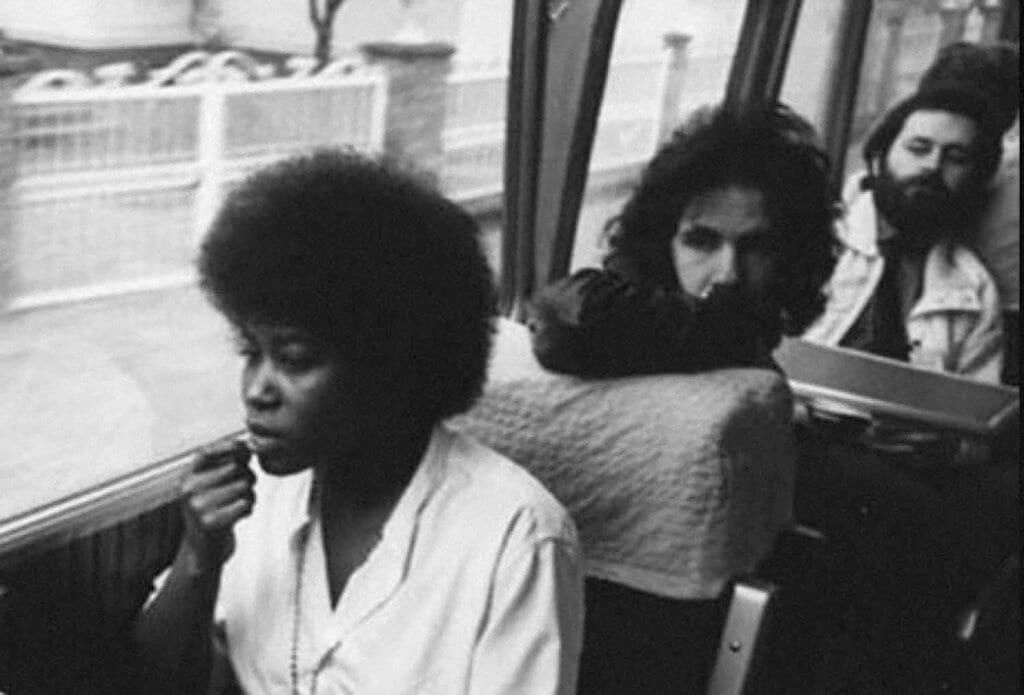
The sparks of her developing love for music were fully ignited when she came across a guitar in a shop window. Unable to afford it, her mother gave her two strollers to swap for the guitar and she was soon writing songs that she would perform at local open mics. Her fascination with music was deep, but her early songwriting didn’t seemed to come from a set source. She wasn’t a diehard Beatles fan or a Monkees aficionado like many girls her age. Even now, she cites no influences (that she’s willing to share) that have shaped her songs, insisting she writes simply because she was “born to do it.” When asked about what she’s interested in achieving through her songs, she says, “When you hear it, you think, ‘I’ve experienced that, I’ve gone through that, I’ve known what they’ve been through. And I can sympathize because now I’ve heard this song, and it explains those emotions.’”
Armatrading joined a production of the musical Hair in 1970, where she met songwriter Pam Nestor. The pair formed a partnership, writing dozens of songs, and released their album, Whatever’s For Us, on Cube Records in 1972. But Nestor was not featured on the album, as the label wanted to promote Armatrading as a solo artist. The duo quickly disbanded and Armatrading took a hiatus from the industry while breaking her Cube Records contract and signing with A&M to release her second album, Back to the Night, in 1975. Both albums were critically—though not commercially—well received, and can be seen as an early reflection of the artist who would go on to captivate so many. On her debut, Armatrading’s vocals occasionally adopted an American twang, perhaps a result of the Southern blues and American folk that was informing her work. By her follow up, she had already honed the earthy burr in her voice, one she uses to conjure the searing pain of heartbreak in one moment, and gasps of full-throated desire in the next.
Her breakthrough album, Joan Armatrading (1976), produced by Glyn Johns (known for his work with Led Zeppelin and the Beatles), was released to critical and commercial acclaim, spawning the hits “Love and Affection,” an evocative vignette of emotional intensity, and “Down to Zero,” a rousing piano ballad. Her new found success opened numerous doors, but it was evident that Armatrading cared for neither the money nor fame. She sees herself as a conduit, here to translate the words and music for others to enjoy—but little else. “I just like writing songs,” says Armatrading. “It’s as simple as that. The record company never had to come to me to say, ‘It’s time to make a record.’ It would always be me saying, ‘I’m ready to make a record.’ I’m 68 now, and I love it just as much—probably more—than when I was starting out.”
Replicating the success she achieved with Johns, Armatrading continued to work with him on her next two albums, Show Some Emotion (1977) and To The Limit (1978). She began touring, recording, and writing constantly over the next few years, and as a result began to veer away from the blues-drenched folk that had previously driven her career. After hearing Blondie’s self-titled debut, released in 1976 and produced by Richard Gottehrer, she knew exactly who to call on for her next release.
At the time, Gottehrer was already an established producer and songwriter. After making a name for himself writing the ‘60s classics “I Want Candy” and “My Boyfriend’s Back,” he went on to work in the punk scene, producing records for Richard Hell and the Voidoids. Gottehrer’s contemporary style was the perfect match for Armatrading’s new collection of pop-centric songs. He brought together an extraordinary group of musicians that included jazz funk guitarist Hiram Bullock, English session guitarist Chris Spedding, and saxophonist Clarence Clemons (who was also a key member of Bruce Springsteen’s E Street Band). Despite the talented company, Gottehrer maintains that one key element lifted the album: Armatrading herself. “She captures a soulfulness,” he says. “She can express the feeling of the lyrics, the tone of her voice. She was different.”
The resulting album, Me Myself I (1980), became her highest charting release, incorporating slick-crooning gospel on “Friends,” jolting reggae-lite rhythms on “Simon,” and stadium rock punch on “All The Way From America.” The album propelled Armatrading into the pop arena and established her legacy as an artist who could draw in the suburban mother just as easily as a gruff, hard-rock loving biker. Despite wanting to work with Gottehrer again, Armatrading envisioned being the sole player on the album (a dream she would later fulfil on 2003’s Lovers Speak). Her label scrapped the demos they worked on together and instead paired her with English producer Steve Lillywhite for the new wave-influenced Walk Under Ladders (1981), followed by The Key (1983), which spawned her biggest hit single, the power-pop inspired “Drop The Pilot.”
Armatrading’s career had given her everything she wanted from music, but her shy nature constantly clashed with the reality of her job, leading to rumors about her apparently difficult nature. Gottehrer was warned as much by Armatrading’s manager, but when he met with her in his New York apartment, he saw a woman who did not resemble the fearsome description. “I’m anticipating the worst,” laughs Gottehrer. “I walk in and I see my four-year-old daughter sitting on her knee and they’re singing Muppet songs.” It’s hard to imagine so many being spooked by a soft-spoken woman who didn’t consume alcohol, smoke, or even drink caffeine, but in an industry so used to dominating over female singer-songwriters, dealing with a forthright black woman who had no intention to follow the rules probably sent a few industry bigwigs over the edge.
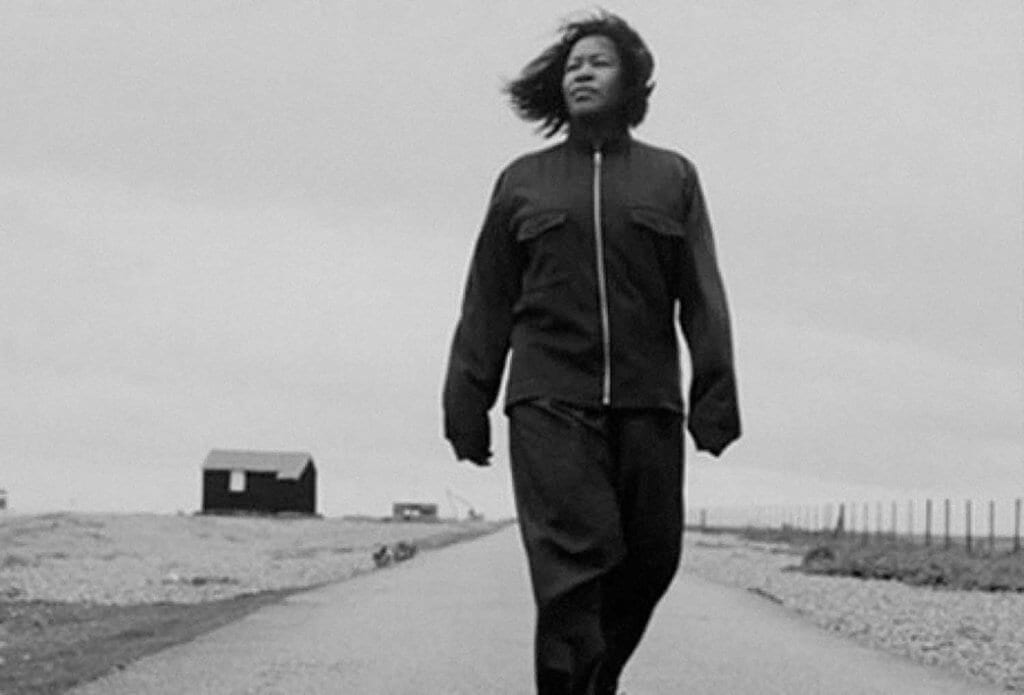
Today, Armatrading continues to write and release, including her latest album, Not Too Far Away (2018), a return to the dark intensity of her late ‘70s work. With such a prolific back catalog and diverse audience, Armatrading knows her songs have a profound impact on her fans. “I love when people say to me, ‘That song means this to me, we got married to that, I named my child after that song, or we communicate with each other through this song.’ I did an interview with somebody, [and] he said when he finished the interview he was going to propose to his girlfriend with my music.”
Over the years, Armatrading has inspired generations of artists, including country rock singer-songwriter Melissa Etheridge and musician/songwriter/DJ/producer JD Samson (from feminist pop acts Le Tigre and MEN). For British folk singer-songwriter Minnie Birch, Armatrading has become an almost omnipotent force in her life: “She’s one of those people you just know, like a fairy tale, because she’s so ever-present in music.” For Birch, who supported Armatrading in 2012 and 2014 after winning a competition that gave a local artist from each of her tour stops the chance to perform, her impact was apparent in the devotion she showed towards her opening acts. Birch was enthralled by Armatrading introducing her on stage, including her and the other artists in a compilation CD on sale at the gig, and even offering up songwriting advice. “She’s still the first black British woman to have been an international success,” says Birch. “When you’re feeling a bit low on your music, that inspires you to think, ‘Well, she saw something good in me.’”
There is often the long standing—and ageist—opinion in the music industry that once you reach a certain age you should move aside and let the youth take over. Armatrading has never considered veering from the path she’s chosen, with her defiant eschewing of popular trends and her monastic-like dedication to her musical mission. In fact, she feels that there’s still more for her to bring to the world: “There are lots of songs that I’m really happy I wrote, but I don’t feel as if I’ve written the best song I’ll ever write. I think once I do that, I’ll be finished. There will be no more for me to write.”
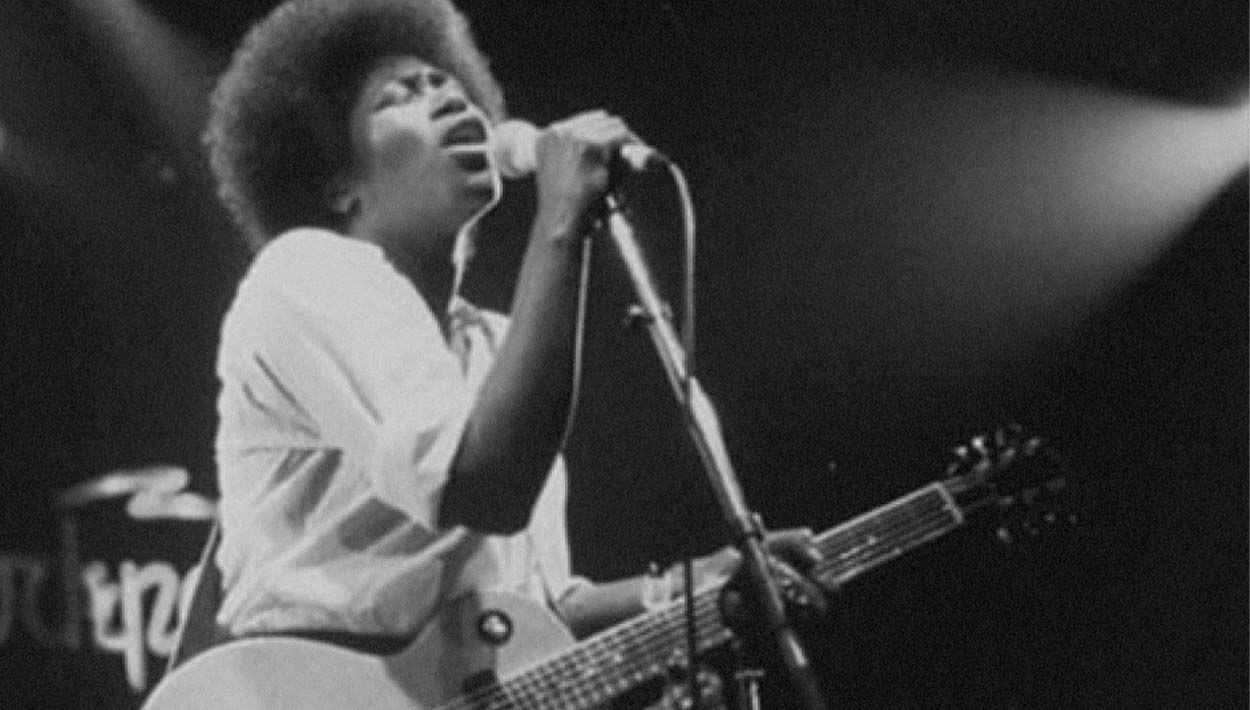


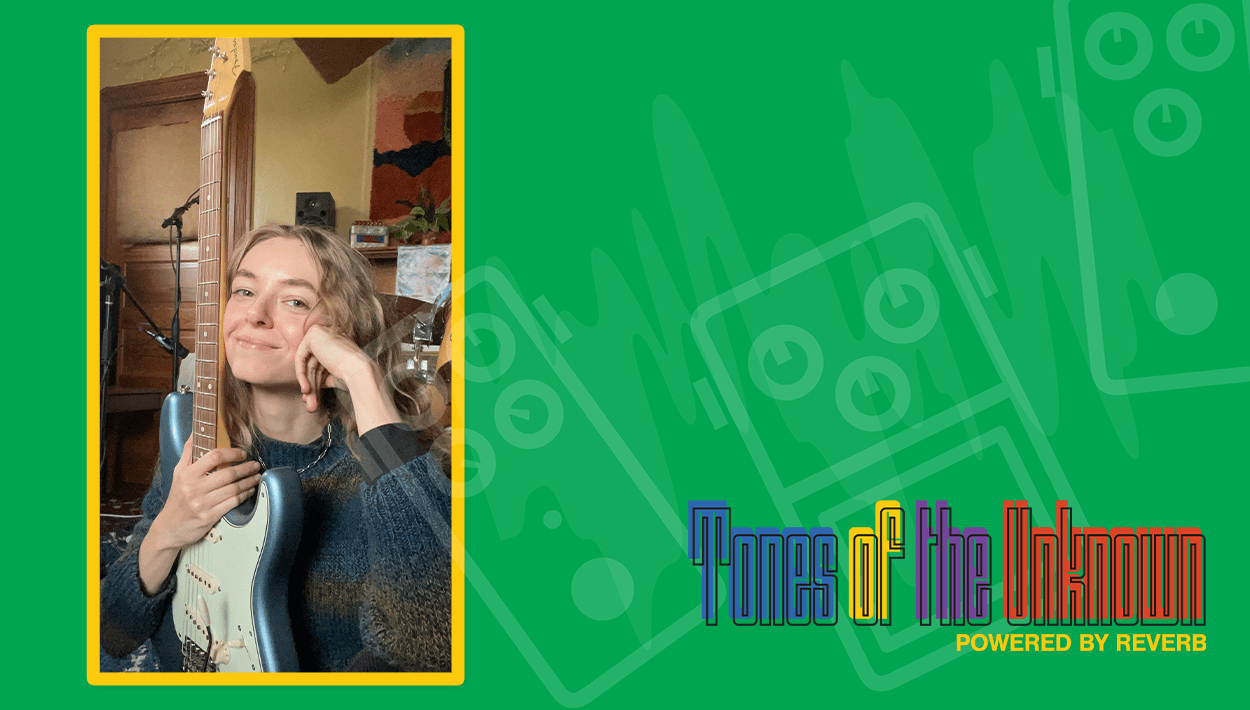




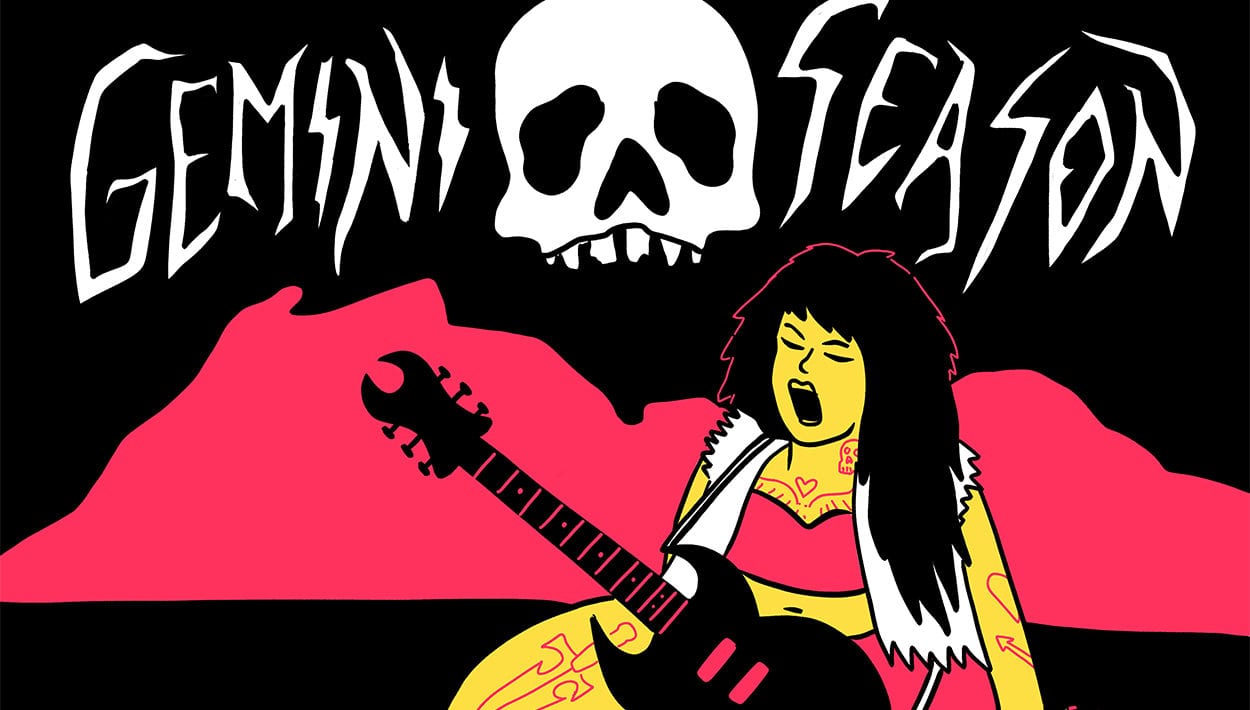

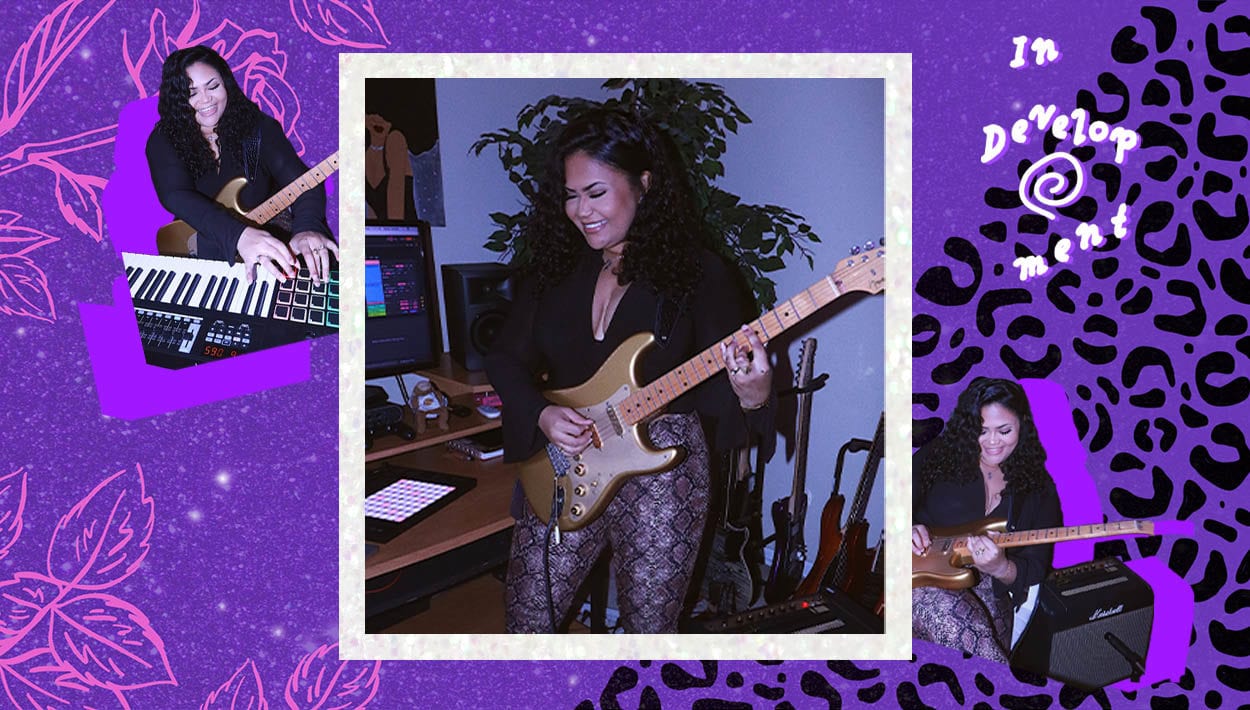
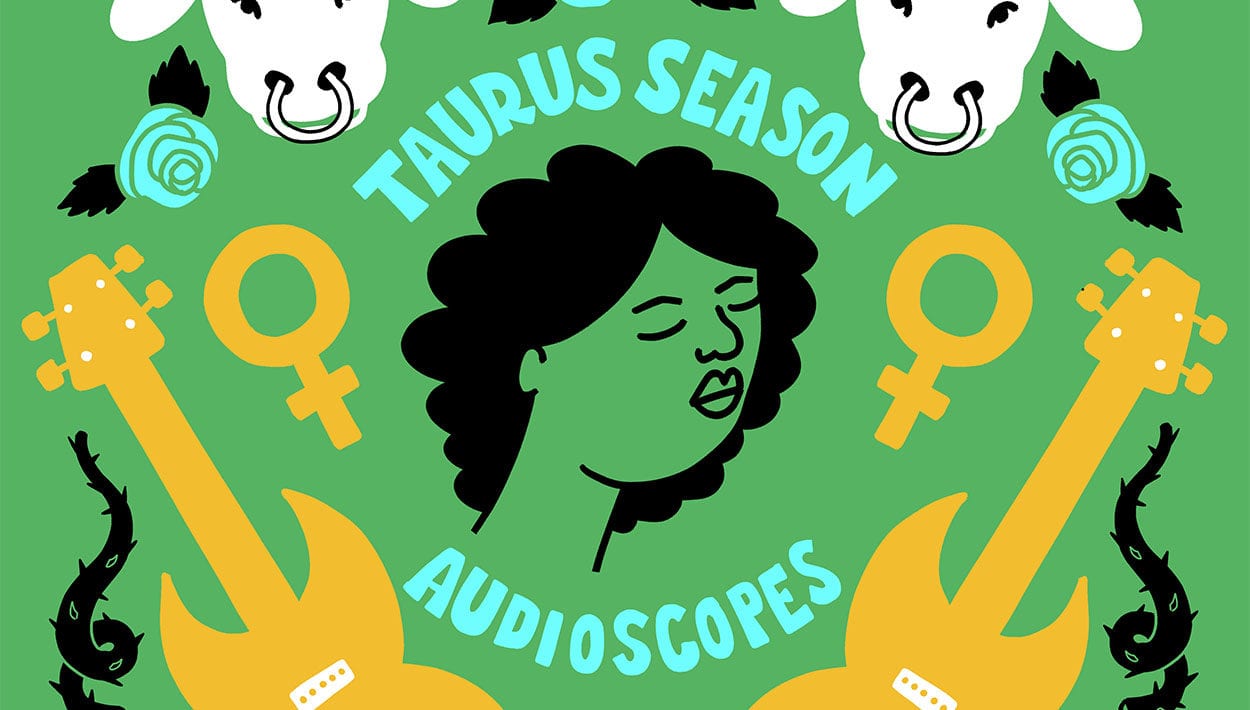


Comments
Your resume summary, which can be found on
Comment by Patrcia on September 20, 2021 at 6:10 pmhttps://resumeservice24.com/linkedin-writing-service , is an important factor in the process of getting an interview. In a truthful way, describe your purpose, discuss your achievements, and share your plans for the following three years. The bottom line is that you should be able to describe your purpose clearly and concisely; your essential points or ambitions in regard to your current position should be summarised into a few phrases.
Writing music lyrics is an art, it is as complex as writing. It is necessary to have certain prerequisites to do quality work. This is one of the main reasons why I use Papersowl writing service. It is in my personal experience the best service. The Papersowl instagram page can be found on https://www.instagram.com/papersowl.official/ . You can check and see the reviews for yourself. The rate it offers are all affordable. Don’t hesitate to contact them if you need to.
Comment by Dalliesy on May 22, 2023 at 4:48 pm